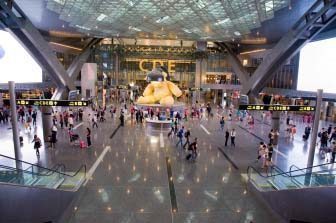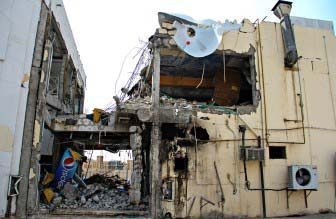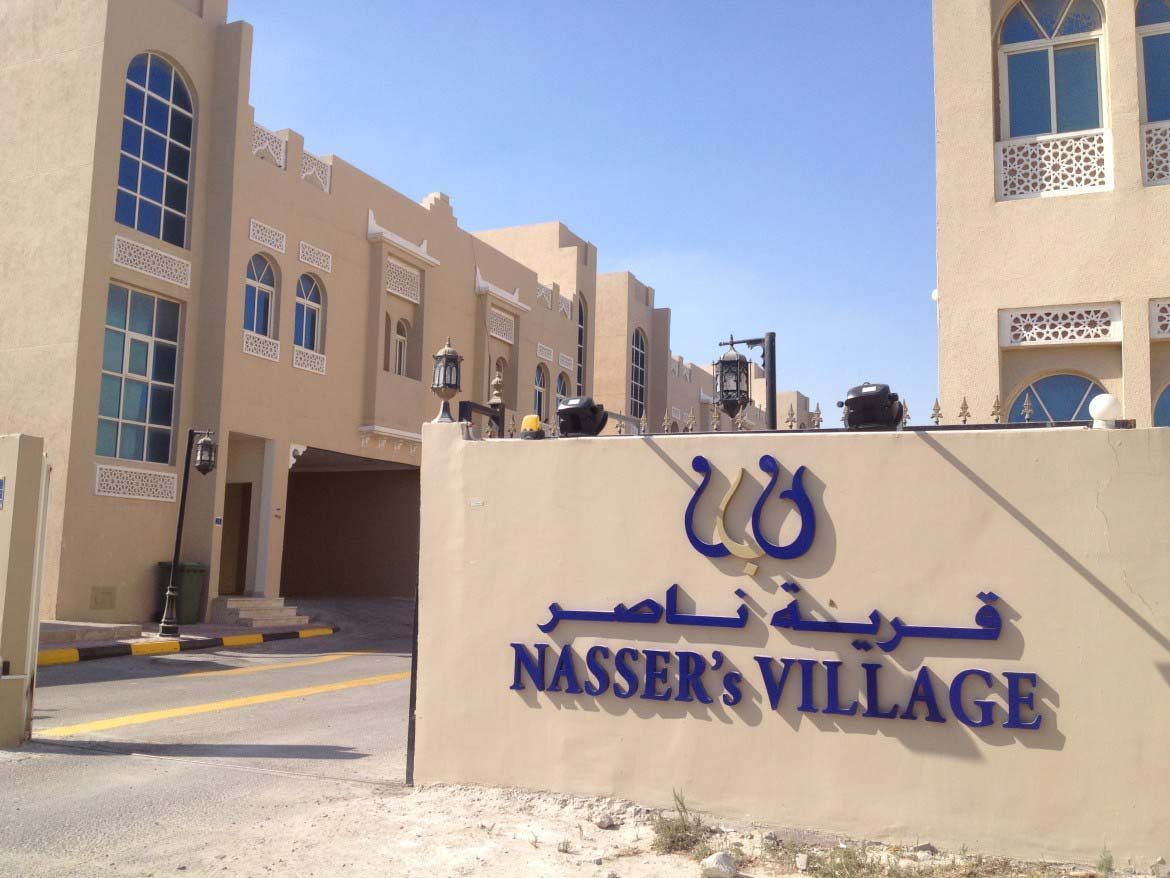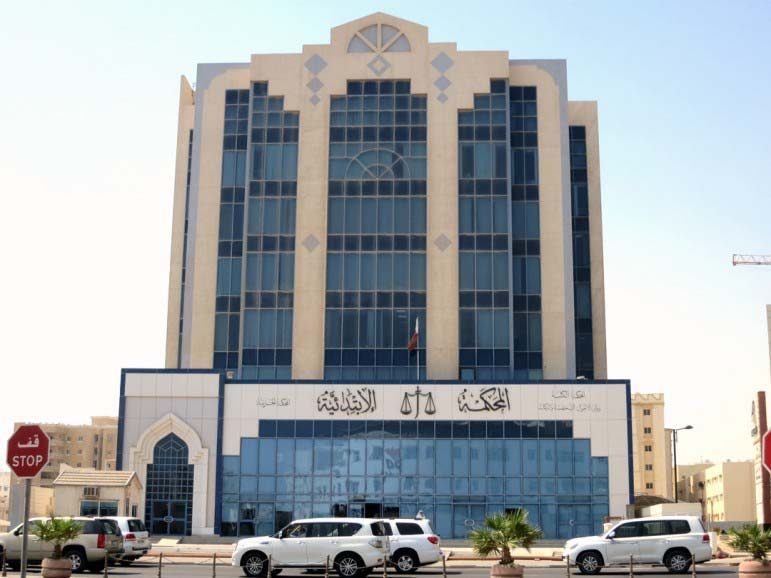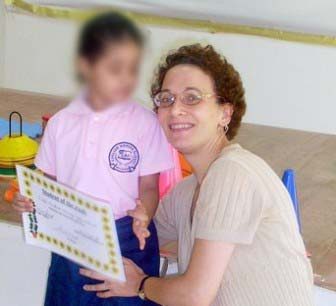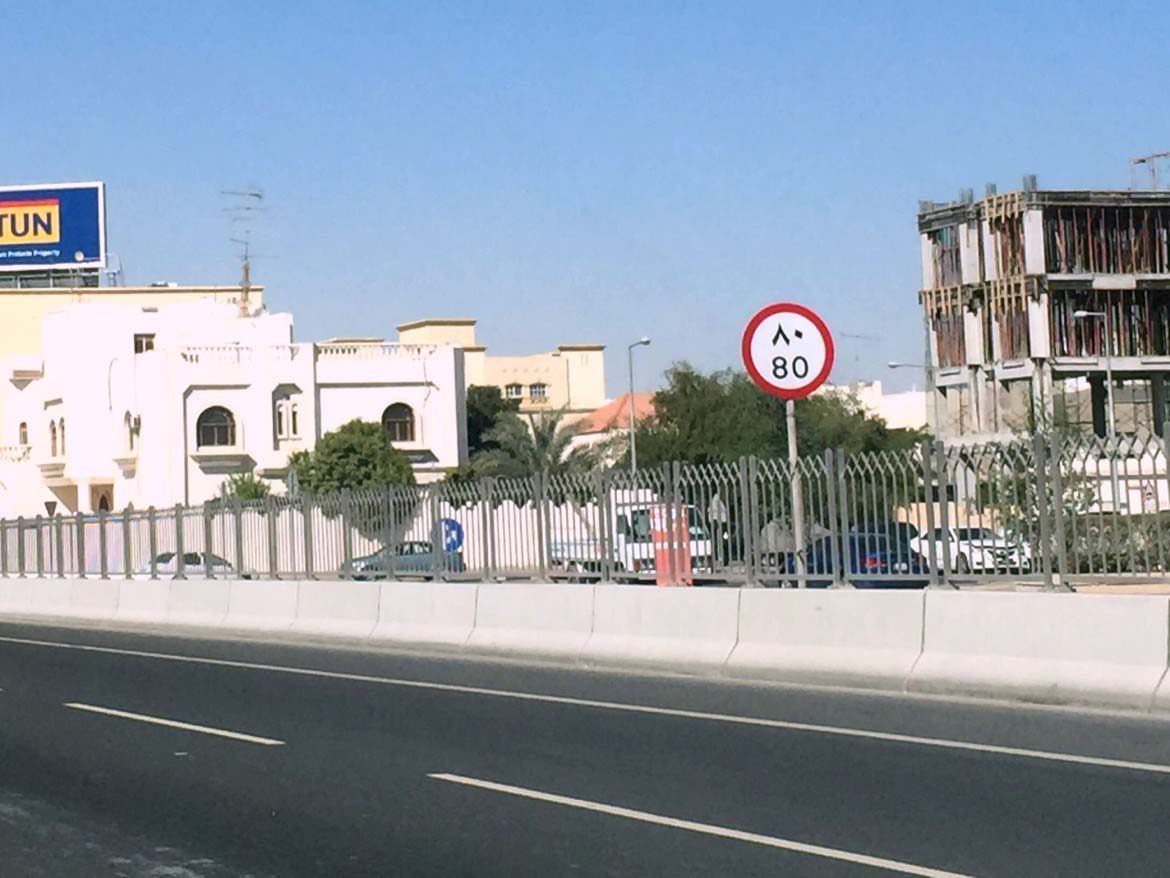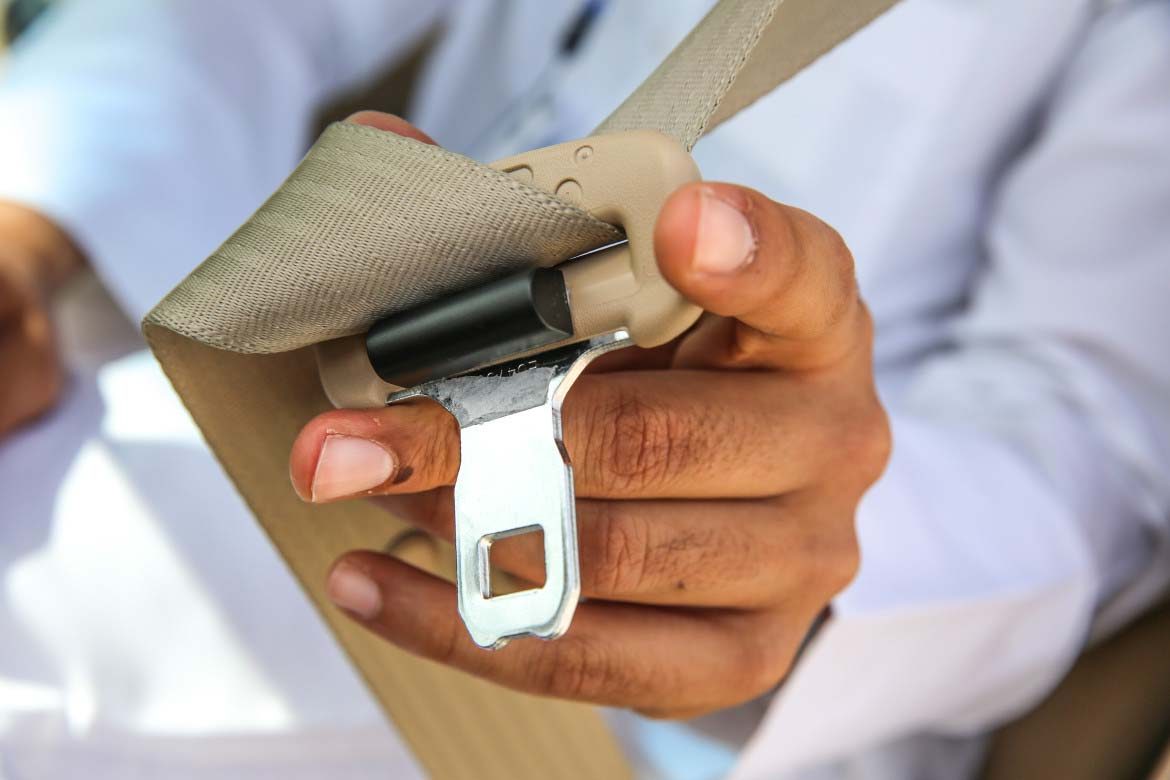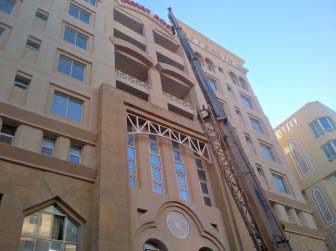
Mark Biddle/Flickr
Photo for illustrative purposes only.
As Doha hospitals and clinics grow increasingly crowded, local healthcare providers have been making a big push for patients – especially expectant mothers – to seek treatment outside of Qatar’s capital.
Over the past few years, the country’s steadily growing population has put an increasing strain on public healthcare facilities.
Private options are also struggling to keep up, as the rollout of the Seha insurance plan for Qataris has increased the patient load, making it difficult to maintain a high level of care.

Peter Kovessy
2014 birth figures in HMC hospitals
But according to newly released figures, the lion’s share of babies born in Qatar continues to be at the nation’s public hospitals.
More than 21,000 babies were delivered last year by Hamad Medical Corp. (HMC), an increase of approximately 4.5 percent from 2013.
That doesn’t include figures from privately run hospitals such as Al-Ahli, Al Emadi and Doha Clinic, which health care providers estimate handle a much smaller number of births than HMC.
The vast majority of babies – 16,269 – were delivered at HMC’s main Women’s Hospital near Al Sadd, according to David Barlow, HMC’s director of women’s services.

HMC/Facebook
Women’s Hospital
But that number is actually down from the 17,051 babies delivered in 2013 at the Women’s Hospital, which is currently undergoing an expansion.
Meanwhile, the number of births at the Al Wakrah Hospital – which opened in 2012 – jumped from 2,050 in 2013 to 3,673 last year.
The number of babies delivered at the Al Khor Hospital, meanwhile, climbed 7 percent to 1,197, while births at the Cuban Hospital increased 88 percent to 256.
“We’re trying to ensure that patients are spread around so we’re not overloading one facility,” Barlow told Doha News in a recent interview. “If too much pressure is placed on a single facility, patients won’t get the best care.”
Choosing a hospital
As Qatar’s population grows, Doha is home to an increasingly disproportionate number of residents, relative to the rest of the country.
A 2013 report found that there were 3,136 people per sq km living in Doha, compared to eight people per sq km in Al Shamal.

Christian Mönnig/Flickr
Photo for illustrative purposes only.
To help reduce the strain on the capital, government planners have been encouraging more residents to live outside Doha, enticing them with the construction of more schools, markets and healthcare facilities.
Deciding where in Qatar a woman gives birth typically starts with a conversation between the expectant mother and her doctor in one of the country’s primary health centers, Barlow said.
Patients aren’t always aware of all the available facilities, some of which may actually be closer to a woman’s home than Hamad Medical City, he added.
“People often think of the Women’s Hospital as the default place to give birth, because for a while it was the only (option),” Barlow said. “We’re not forcing people (to go to one hospital over another). Instead, we’re trying to encourage them to think about all the hospitals.”
While high-risk pregnancies are mostly referred to the Women’s Hospital, all of HMC’s general hospitals “are fully equipped for the untoward situations that can happen to a women having a baby,” Barlow said.

Photo for illustrative purposes only.
One factor that can affect a patient’s choice is whether a maternity ward would allow a woman’s husband to be present while his wife gives birth.
Barlow said that given the country’s diverse population, patients tend to be in opposing camps about the practice. He added that HMC tries its best to accommodate a patient’s request, but the physical layout of a maternity ward can make this difficult.
While some rooms can be easily divided at the Cuban and Al Wakrah hospitals, Barlow said it is trickier at the Women’s Hospital, where men are generally not allowed in a delivery room.
Those who feel husbands should not be present in the delivery room would typically not want other men to be in an adjacent hallway.
“It’s not just who is in the room. It’s also about the corridor,” Barlow said.
Big picture
As demand for healthcare rises across the board, Qatar is working to construct nearly a dozen new medical facilities around the country, including an 1,100-bed trauma hospital in Duhail and facilities in Mesaieed, Ras Laffan and Doha’s Industrial Area that focus on treating Qatar’s large blue-collar population.

Sidra
Sidra Hospital
Meanwhile, work continues on the much-delayed Sidra Medical and Research Center, which is expected to deliver 10,000 babies each year while providing reproductive and perinatal care, among other services.
Sidra was initially scheduled to open in 2011, but officials have revised that deadline multiple times. A mid-2015 opening was discussed last year, but Qatar Foundation later fired its contractors in a move believed to have resulted in further delays.
A Sidra spokesperson told Doha News this week that she could not comment on when the facility would open.
Meanwhile, HMC’s new Women’s Hospital is in the “final stages” of interior construction, Barlow said. It’s expected to take up to a year to fit out the facility with medical equipment once the building is handed over to HMC, he added.
Barlow said the new facility would increase the number of Women’s Hospital operating rooms and delivery rooms, from 16 to 21.
He added that the exact number of beds is being revised based on changing patient trends, such as a decline in the average number of nights a new mother stays in a hospital.
Thoughts?
(The post Expectant mothers in Qatar encouraged to seek healthcare outside of Doha is from Doha News.)












